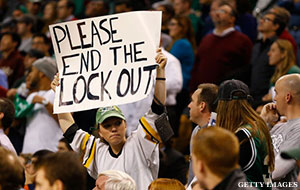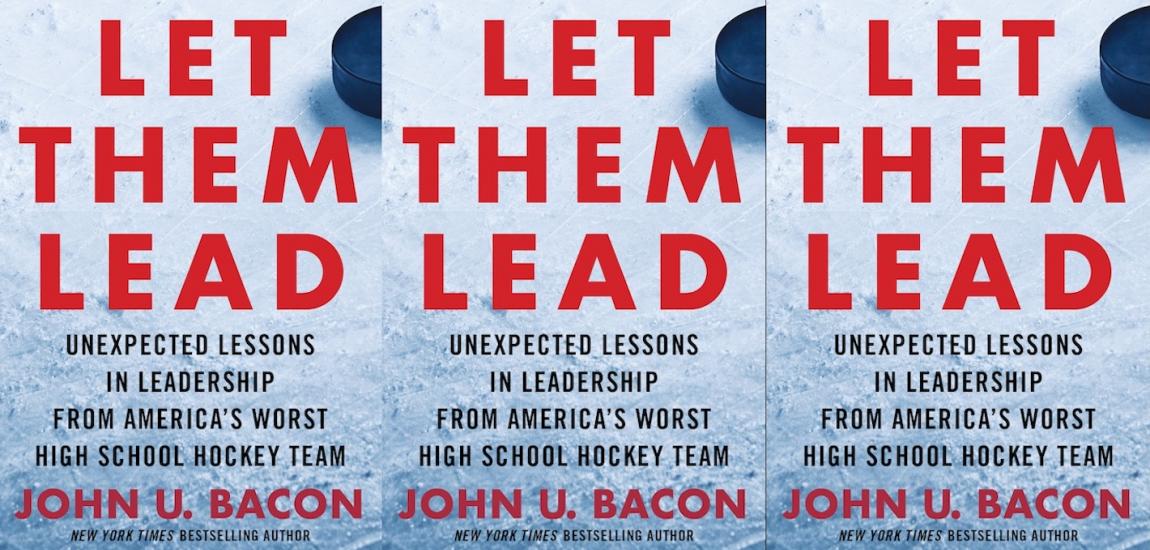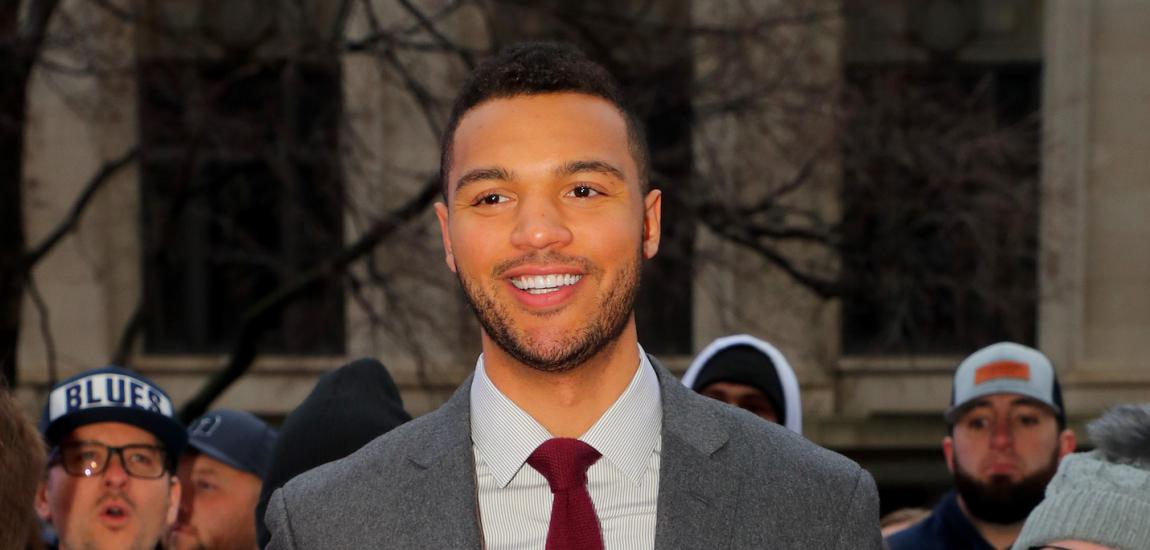
The National Hockey League owners and players have performed a magic trick that would leave David Copperfield speechless. They have taken a profitable and exciting 2011-12 season that brought them increased attendance, television ratings and exposure, topped by a captivating battle between teams in the nation's two largest media markets and managed to disappear the following season into thin air. NFL playoff races are heating up. The battle for BCS supremacy and bowl game positioning in college football is at its peak. The NBA season has started to take shape, and we move toward the holiday season. Does anyone really care the NHL remains in lockout?
Hockey witnessed the transformation of Major League Baseball following a disastrous strike in 1994, which dropped attendance by 40 percent and left owners bemoaning whether it was possible to operate a profitable franchise. This object lesson led to labor peace in the years since. Major League Baseball has quadrupled its gross receipts since the last labor dispute, through skyrocketing television revenue, fantasy baseball, new stadia, merchandising and increased attendance.
Hockey saw the damage that the NBA lockout did to the early season in 2011 and how the sport managed to resurrect with a post Thanksgiving agreement. Hockey has watched the dominance that the NFL has achieved by focusing on building its brand -- an average franchise value of more than a billion dollars, Top 5 Nielsen ratings for nighttime games, an NFL Network, fantasy leagues and new stadia brimming with opportunities for naming rights, sponsorship and luxury boxes. Hockey has had an object lesson in why labor peace is critical -- and they have learned nothing.
The real battle for professional sports has never been the competition between labor and management. The true competition for the NHL is the NFL, NBA, Home Box Office, movie theatres, Walt Disney World, and every other form of discretionary entertainment spending. If players and management can compromise on equitable formulas, they can then focus on building their brand and generating revenue. It is by creatively developing new ways to popularize a sport with consumers and using every creative effort to build ancillary revenue streams from multiple forms of content and product that a massive pie is created that will be relatively simple to carve up.
The fans are the ultimate employer. Fans come to sport to escape the problems of real life. If they are fed an unremitting diet of contract hassles and the specter of millionaires squabbling with billionaires in tough economic times -- they are alienated and pushed away from their allegiance and excitement about a sport.
I learned early in my representation career that the easiest way to insure maximum compensation for players was to work with owners to insure their maximum profitability.

I wrote a book on negotiation, Winning With Integrity, which emphasized a constructive process based on mutual interest, which would insure a "win-win" outcome. One of the important concepts was not to get so caught in the detail as to forget the ultimate goal of the negotiation -- in this case maximizing NHL player and owner economics. What was needed here was a deadline, a willingness to commit to solution before the very length of the discussions led to economic self-destructiveness. PT Barnum's maxim "The Show Must Go On" is relevant here.
The NHL has never had the U.S. exposure and popularity to provide maximum national or local television revenue or equal status with the other three high profile professional team sports. Every time hockey gains in popularity and geographical reach in this country, a harmful negotiating process comes along to stunt its growth by keeping the games from being played.
The NHL has announced the cancellation of games until mid-December and the January 21 All Star Game. What major sport cancels its All Star game or pulls itself out of arenas and off the air for months? The difference in economic positions is $56 million per year -- these cancellations and the damage to the future of the sport will soon make that seem de-minimus. There is a battle over guaranteed percentage of revenue and maximum length of contracts. If the owners had simply played under the old system with no cancellations, they would have been better off.
Another corollary of "Winning With Integrity" is that when there is a deadlock and parties think things can't get worse -- things can always get worse. The Players Association is contemplating decertification, just as the NFLPA did. This removes the forum from NLRB jurisdiction and moves the battle into the courtroom. Management cannot declare an "impasse" and institute their own rules and systems. The attorneys for the union can still negotiate. But the process will dramatically slow down and imperil the chance for a 2012-13.
The Kings won the Stanley Cup last season and have an appealing team. There was excitement in Southern California, the nation's second largest market, that could have been built on to make major advances in NHL popularity. There are no marches on the Staples Center by angry fans demanding the return of the NHL. Local talk shows have nary a caller raising the issue. The NHL has done a disappearing act and soon very few will care.
-- Leigh Steinberg has represented many of the most successful athletes and coaches in football, basketball, baseball, hockey, boxing and golf, including the first overall pick in the NFL draft an unprecedented eight times, among more than 60 first-round selections. His clients have included Hall of Fame quarterbacks Steve Young, Troy Aikman and Warren Moon, and he served as the inspiration for the movie "Jerry Maguire." Follow him on Twitter @SteinbergSports.




